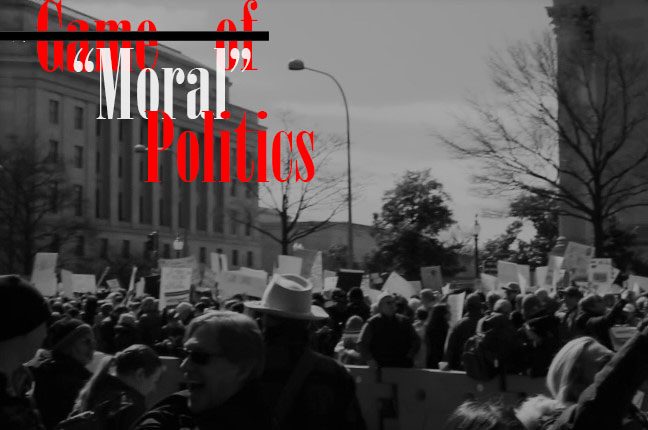A New Tide: A call for political integrity
November 1, 2020
As Nov. 3 hurtles towards us like a perfect storm, I want to pause in the eye of it.
We are living through a repetition of history: an ongoing pandemic that has claimed 1.2 million lives worldwide. But instead of casting aside our opinions and crossing societal schisms, we remain overwhelmingly divided.
Everyone expects Generation Z to be a harbinger of change, a rallying cry of foundational reform that depoliticizes the reality of systemic racism and climate change. And yes, I believe we will meet those expectations. But in order to ensure that we can see it through, we, as a generation, need to support only one platform: political integrity.
Political integrity is a term that is up for interpretation, but at its core, it is a quality centered around consistently upholding a strong moral pillar. Any political leader, on any stage, should not be able to recuse themselves of upholding political integrity because the end product of their leadership happened to please either their party or their constituents. Political integrity is about the behavior of a politician in the gridlock of political process.
Because of steep polarization, the political process is inevitably a partisan merry-go-round. The recent presidential debates are emblematic of the deep roots of ideological division, so deep that dehumanization of the other side is commonplace, both in the body politic and among elected officials.
While political integrity is incredibly nuanced, it needs to be expected in order for a semblance of unity to return. It’s about being direct, transparent and honest, nothing else. Political integrity is a value, independent of one’s political platform.
Morality in government has become a distant daydream in this era of strict party allegiances. According to a 2019 study, violators of moral code are not judged solely on the caliber of their wrongdoing. Their party alliance also plays a significant role in how they are judged in the eyes of the public.
Even policy, the supposed product of civil discussion and compromise, is often viewed differently depending on which party it is associated with, a purely partisan lens. Furthermore, while American voters’ decrease their belief in a statement that is unveiled as a lie, the fact that the politician lied doesn’t make a significant difference if he or she is aligned with his or her own party.
If the need for political integrity was amplified by Gen Z, perhaps we could take one step closer to remedying the accusatory and morally degraded nature of politics, and shift the narrative to being accountable and trustworthy. We are not apathetic towards politics.
But in order to sustain our humanity as we step into the political circle this November and beyond, we must uphold the value of political integrity. We need to release ourselves from the toxic cycle of moral partisanship if we hope to see our future progress, not stagnate.
While contentious topics always have a place at the table, the people who sit around it must try to represent an ideal of respect for fellow human beings, the environment and the democratic process, even if it is imperfect.







